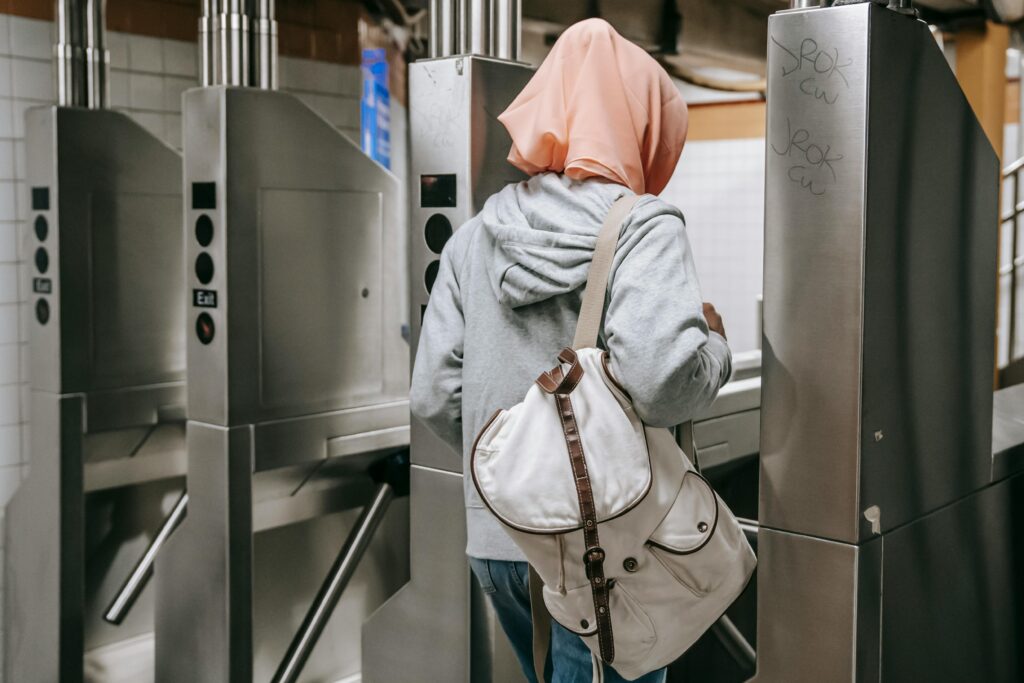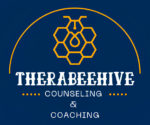
By Miriam Bhutta, LMHC – Therabeehive Counseling & Coaching
Bee together, bee well.
You’re doing all the right things—making du’a for a righteous spouse, attending matchmaking events, putting yourself out there, asking the important questions, but it’s still not clicking. What if Allah, in His infinite Wisdom, requires you to unpack and put away your emotional baggage that could hurt a future marriage? Have you ever asked yourself:
Am I even emotionally ready for marriage?
Too often, we focus on finding the right person but skip over becoming the right person. In the Muslim community, marriage is emphasized early and often, but healing before nikah is rarely discussed. The result? People walk into marriages carrying heavy traumas—and sometimes, that baggage ends up doing more damage than any red flag.
What Is Emotional Baggage?
Emotional baggage is the collection of unresolved pain, trauma, beliefs, and behaviors that you carry from past experiences—whether from childhood, family dynamics, past relationships, or even self-esteem struggles. It causes you to operate from a past self, even if all of the cues in the present (including your current partner) are telling you something different.
It often shows up in how you:
- Communicate (or don’t)
- React to emotional closeness
- Manage conflict
- View trust and vulnerability
Without healing, this baggage becomes a barrier to connection and harmony in your future marriage.
Why Healing Before Nikah Matters
Marriage is not a reset button for your past. In fact, it magnifies whatever is already there. It makes it so you have a witness to all of your struggles and growth. And this witness is your spouse, who will also be heavily impacted by all of your struggles and growth.
When emotional baggage enters a marriage:
- Unrealistic expectations lead to constant disappointment.
- Unhealed wounds distort your view of your spouse’s intentions.
- Emotional reactivity turns small issues into major fights.
- Co-dependency masquerades as love but often creates resentment.
💡 Reflection Prompt:
What parts of yourself do you hope a spouse will fix, fill, or save?What did you need from others as a child that you did not get? Did you find ways to fulfill those needs as an adult?
Common Sources of Emotional Baggage in the Muslim Community
Some of the most common roots include:
- Parental wounds (neglect, overcontrol, or abuse)
- Cultural guilt and shame – confusion about identity, roles, and expectations.
- Past relationships or sins – feeling triggered by things from your past or carrying the heavy burden of past sins.
- Fear of being alone – do you deeply desire companionship or are you running from yourself?
- Divorce in the family – especially if it was handled poorly and stigmatized by the family.
These shape your inner world—often unconsciously—and affect how you show up in the marriage process.
Healing Isn’t About Perfection
Let’s be clear: healing before marriage doesn’t mean being flawless.
It means being:
- Aware of your wounds
- Willing to grow
- Equipped with emotional tools
- Anchored in your worth and in Allah
Healing is about wholeness, not perfection. It’s about entering marriage from fullness—not desperation.
An Islamic View on Inner Healing
Islam teaches us to purify the heart (tazkiyat an-nafs), not just our outward behavior.
“Verily, in the body is a piece of flesh which, if sound, the whole body is sound; and if corrupt, the whole body is corrupt. Verily, it is the heart.”
— Prophet Muhammad ﷺ (Bukhari & Muslim)
This heart work—healing emotional pain, releasing shame, setting boundaries—is not selfish. It’s spiritual.
5 Steps to Begin Healing Before Marriage
- Seek professional support.
Therapy is a sacred space for clarity, accountability, and growth. - Make du’a for emotional clarity.
Ask Allah to show you what needs healing and help you process it with grace. - Reflect on your emotional history.
Journal about what shaped your beliefs about love, safety, and trust. - Ask trusted mentors for feedback.
A wise friend or mentor can help you see patterns you may be blind to. - Set emotional boundaries with your past.
Release what’s no longer serving you—including people, stories, and inner narratives.
Final Thoughts: You Are Worth Healing
Don’t rush into marriage hoping it will erase your past. Instead, prepare your heart, purify your intentions, and pursue emotional wholeness.
Your spouse is not meant to complete you. That’s Allah’s role.
Your spouse is meant to complement you. That takes readiness.
🐝 Therabee Tip:
Start a “Healing Before Nikah” journal. Each week, reflect on one emotional habit or belief you want to grow in. Invite Allah into that process. For an additional challenge, use pen and paper and not your keyboard.
Want personalized support on your healing journey?
Book a 1:1 session at www.therabeehive.com — Let’s work together toward emotional clarity and marriage readiness, inshaAllah.
Would you like this turned into a downloadable PDF, newsletter edition, or Instagram carousel next?
